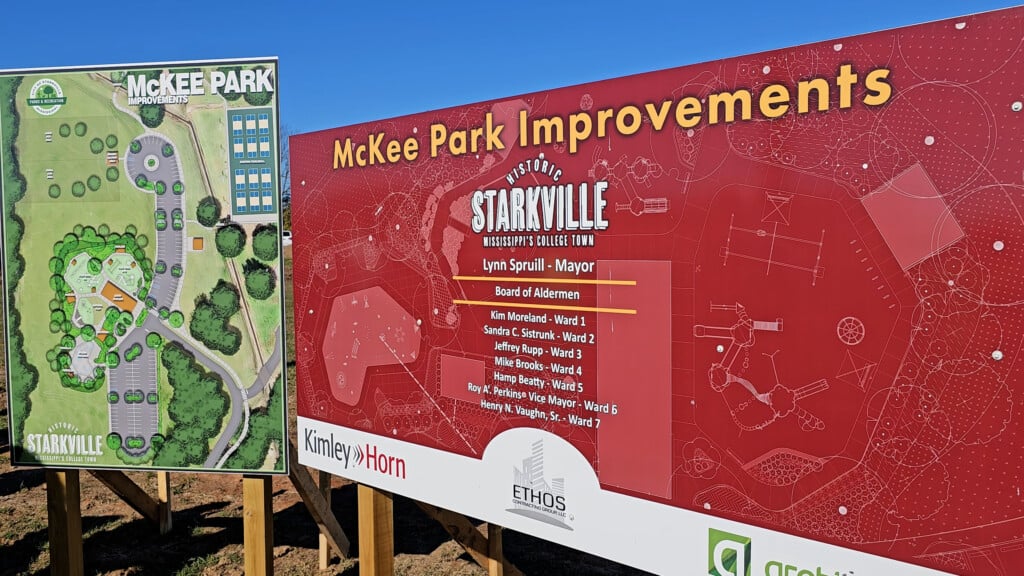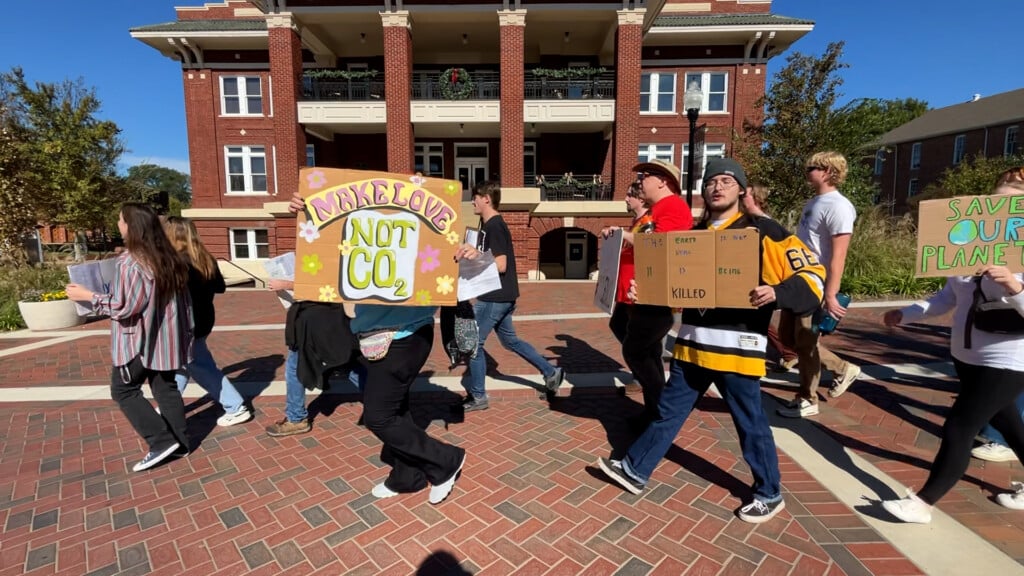Texas to partially reopen Friday despite virus testing concerns
“CBS This Morning’s” multi-part series, “State of Testing,” looks at the state of resources and accessibility to coronavirus testing. In addition, the series will report on how states are responding to testing needs, whether they are developing testing plans, and what testing benchmarks they are looking for as these states make the decision to re-open.
“State of Testing” began on Wednesday, April 29 with a report out of Texas.
Texas is going ahead with its planned partial-reopening on Friday despite mounting coronavirus cases and calls for more widespread testing. Data suggests the state is doing less than half of its ideal projection of testing 40,000 people a day and, Dallas County Judge Clay Jenkins said his area needs “about four times as much testing” as they currently have before returning to business.
“Texas — it fights each day to be either dead last or next to last on the amount of testing,” Jenkins told CBS News’ Omar Villafranca, “To open up, you need to see [the number of cases] go down for two weeks.”
Jenkins also called for testing to be put in place for those returning to work, so that if an employee gets sick they can be quickly detected and isolated in order to keep others safe.
“We’re not able to do that yet,” he said.
Rural areas are also experiencing testing issues. Dr. Brian Weis, chief medical officer at an Amarillo hospital that serves thousands in rural Texas, said they simply do not have enough tests to give.
“There’s a lot of patients who are coming to our emergency rooms who may have symptoms that suggest COVID, and we send them home and say, ‘Take care of yourself. We can’t test you,'” Weis described. “We just really don’t have the capability to test right now.”
The state has reported over 26,000 coronavirus cases and more than 700 deaths in its roughly 29 million residents. At the time of reporting, Dallas county had tested less than 1% of their 3.6 million residents, and over 3,000 had already tested positive for COVID-19.
Despite the numbers, businesses like restaurants and malls will be allowed to open on May 1 and operate at 25% capacity, while still being mandated to follow social distancing guidelines.
Dr. Eric Bing, an epidemiologist at Texas’ Southern Methodist University, fears that forging ahead on the path to opening the economy without focusing on lowering the amount of cases could lead to more infection.
“We have no idea how many people are infected,” Bing said.
Bing said widespread testing was important so that health experts could get some idea of the baseline rate of infection, and without the baseline, they were “kind of shooting in the dark.”
Texas has more than 250 testing facilities. A facility that performs drive-up testing in Dallas performs about 350 tests per day, with results coming back in two to three days. Most results come from private labs, while state labs have been responsible for less than 4%.
One Dallas resident told CBS News that he believes it is important for everyone to be tested. Others have protested the pandemic precautions.
Local officials and health workers have expressed frustration over being forced to wait for more tests and supplies. Some even claimed they have been waiting for three weeks, others as long as a month.
Our “State of Testing” series takes us to Pennsylvania on Thursday, April 30 and Michigan on Friday, May 1. Tune in to “CBS This Morning” at 7 a.m. Eastern on both days to see how health experts and officials are working to combat the coronavirus crisis.





Leave a Reply